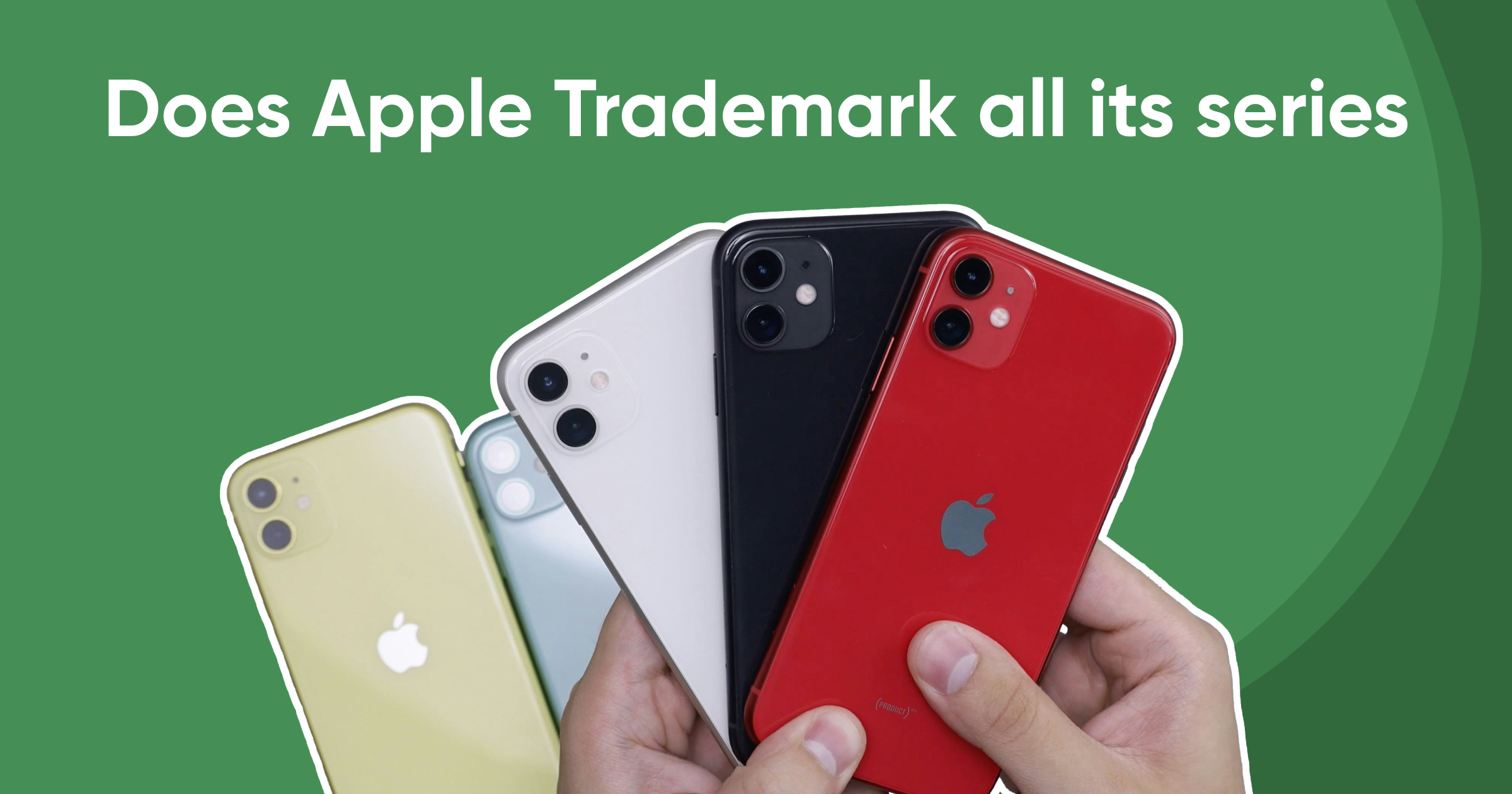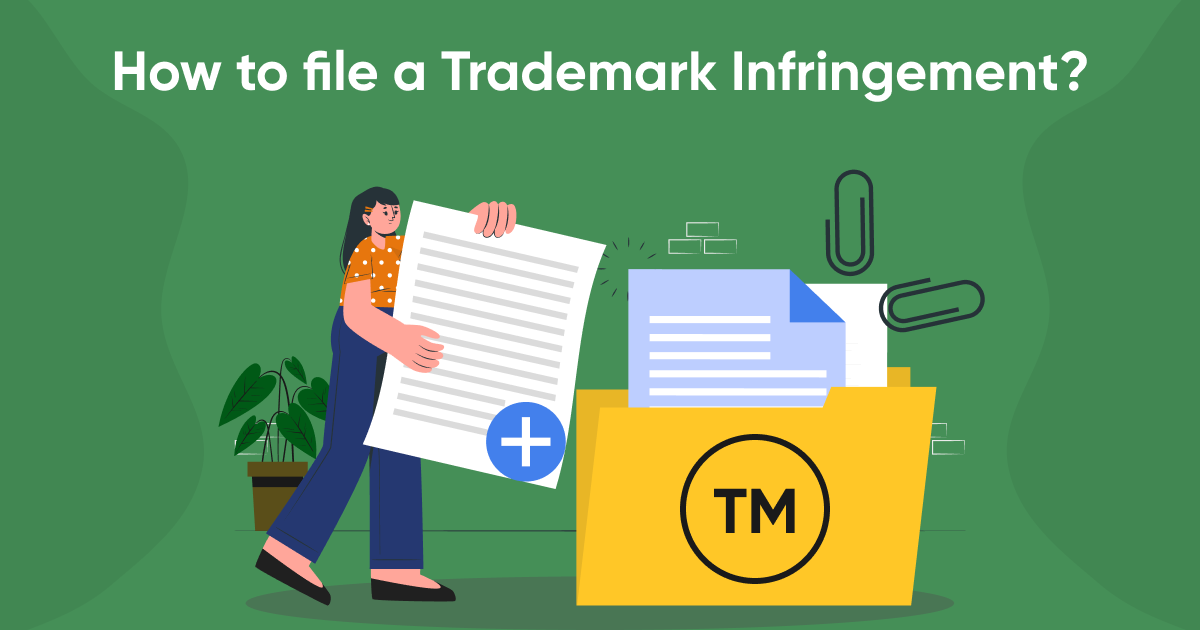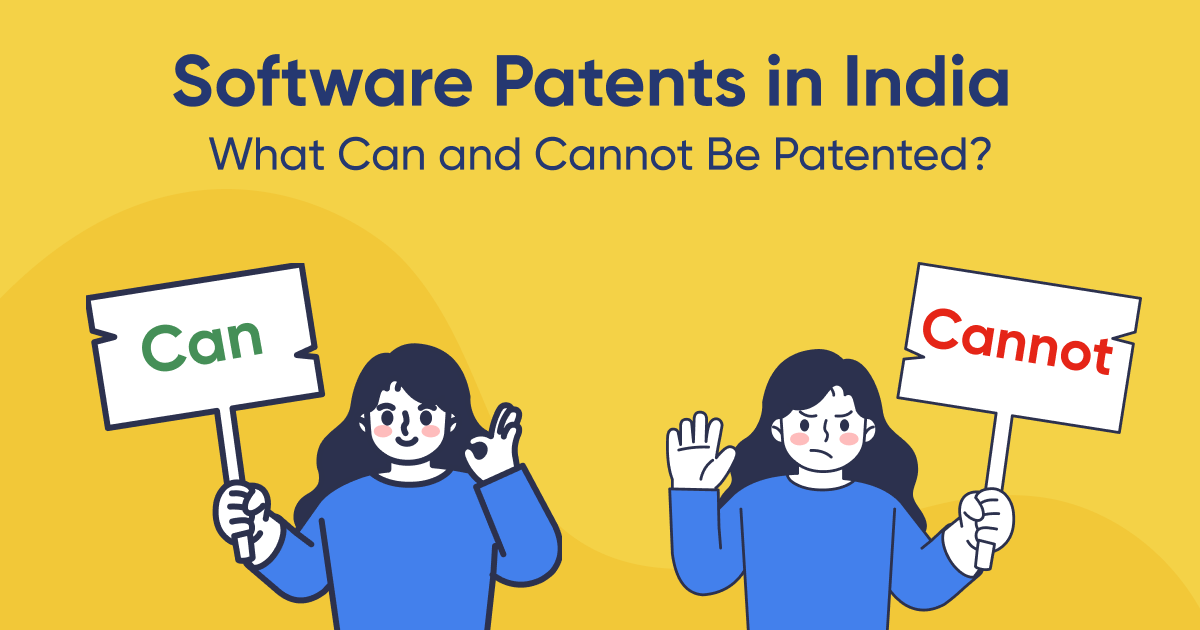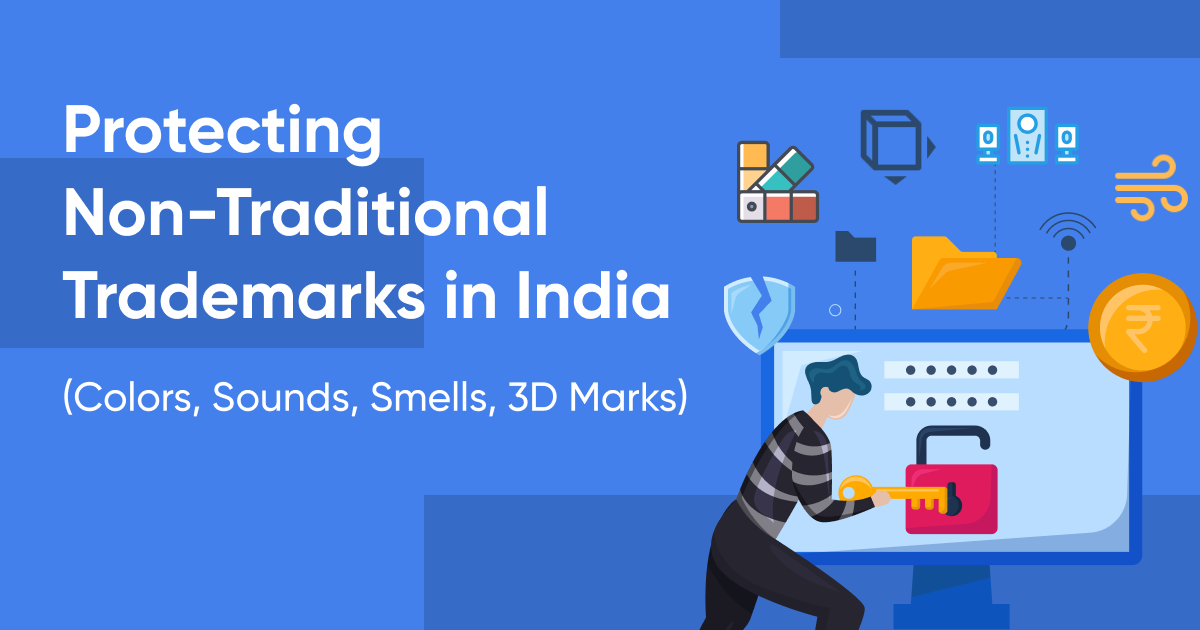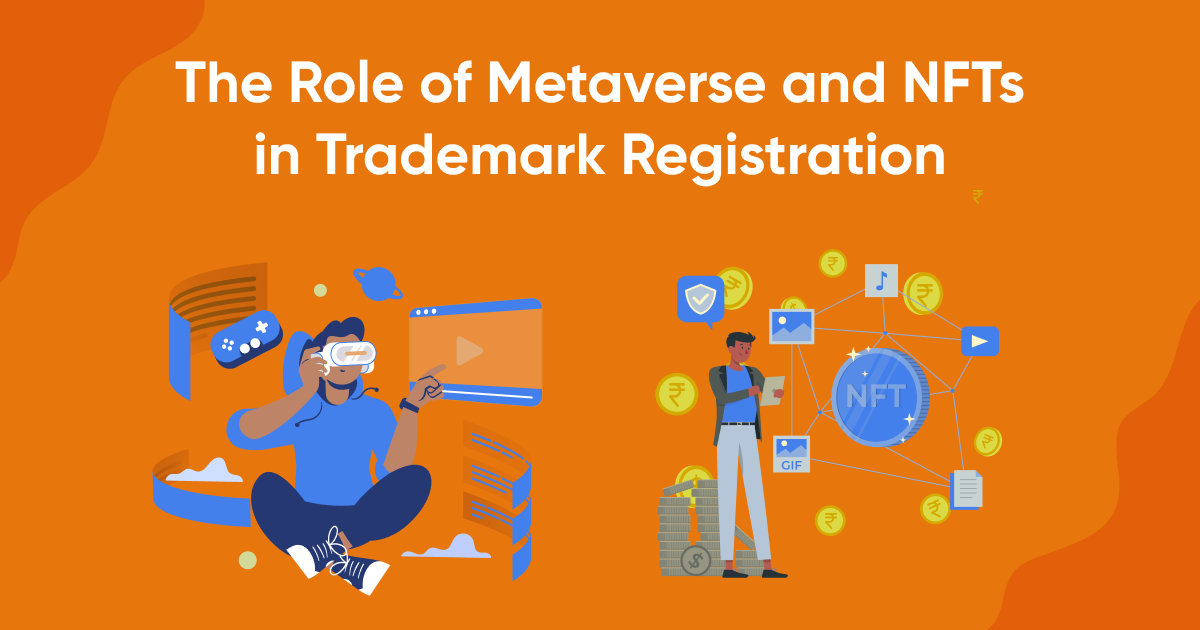Apple Inc. is renowned for its innovative products and services, from the iconic iPhone to the revolutionary MacBook. But have you ever wondered if Apple trademarks all its series? In this blog, we’ll explore the importance of trademarks for Apple, delve into whether they trademark all their series, and highlight how businesses can learn from Apple's trademark strategy. Let’s dive in!
Introduction to Trademarks
- Definition of a Trademark: A trademark is a symbol, word, or group of words legally registered or established by use as representing a company or product.
- Importance of Trademarks: They protect brands, establish a unique identity, and help prevent misuse or replication by competitors.
Apple's Trademark Strategy
- Overview of Apple’s Brand Value: Apple’s brand is one of the most valuable globally, worth hundreds of billions of dollars. A significant part of this value is protected through trademarks.
- Trademarking Apple’s Products: Apple trademarks its product names, logos, and even certain designs to maintain its market position and protect its intellectual property.
Does Apple Trademark All Its Series?
Trademarking Major Product Lines:
- iPhone Series: Apple has consistently trademarked all models in its iPhone series, from the original iPhone to the latest versions like iPhone 15.
- MacBook Series: Similarly, Apple trademarks all MacBook models, ensuring the name and design are legally protected.
- Apple Watch Series: From the first-generation Apple Watch to the latest models, each iteration is trademarked.
- iPad Series: All iPad models, including iPad Pro and iPad Air, are covered under Apple's trademark strategy.
Other Trademarks in Apple’s Portfolio:
- Software and Services: Apple also trademarks names of its software and services, such as iOS, macOS, and Apple Pay.
- Accessories and Features: Apple often trademarks names of specific features and accessories, like the MagSafe charger.
Why Apple Trademarks All Its Series
- Brand Protection: Trademarking each series prevents competitors from using similar names, which could confuse consumers.
- Legal Leverage: Trademarks provide Apple the legal leverage to take action against infringers, ensuring market exclusivity.
- Global Market Presence: As a global company, Apple trademarks its series internationally, protecting its brand in various jurisdictions.
The Process Apple Follows for Trademarking
- Initial Research: Before launching a product, Apple conducts thorough research to ensure the chosen name is available and doesn’t infringe on existing trademarks.
- Filing with Trademark Offices: Apple files applications with trademark offices worldwide, such as the USPTO in the United States and the EUIPO in the European Union.
- Monitoring and Enforcement: Apple actively monitors the market for potential infringements and enforces its trademarks rigorously.
Lessons Businesses Can Learn from Apple's Trademark Strategy
- Be Proactive: Apple’s proactive approach to trademarking all its series ensures comprehensive brand protection. Businesses should adopt a similar proactive stance.
- Global Strategy: Just like Apple, businesses should consider protecting their trademarks internationally, especially if they plan to expand beyond their home market.
- Monitor and Enforce: Registering a trademark is only the first step. Continuous monitoring and enforcement are crucial to maintaining trademark rights.
Common Challenges in Trademarking Product Series
- Name Conflicts: One of the biggest challenges Apple faces is ensuring their chosen names are unique and don’t conflict with existing trademarks.
- International Differences: Trademark laws vary by country, and Apple must navigate these differences when protecting its series globally.
- Infringement and Counterfeiting: Despite comprehensive trademark protection, Apple still faces challenges with counterfeit products and trademark infringements, highlighting the importance of enforcement.
How Trademarkia Can Help
Trademarkia is a leading service provider that assists businesses in securing their trademarks, just like Apple does for its series. From initial research to filing and enforcement, Trademarkia offers end-to-end solutions to ensure your brand is protected.
- Comprehensive Search: Trademarkia helps identify potential conflicts before you file.
- Expert Guidance: With experts familiar with global trademark laws, Trademarkia simplifies the registration process.
- Monitoring Services: Stay ahead of potential infringements with Trademarkia’s monitoring services.
Conclusion
Apple’s trademark strategy is a testament to the power of protecting intellectual property. By trademarking all its series, Apple not only safeguards its brand but also ensures its products maintain their unique identity in the market.
Whether you’re a startup or an established business, taking a page out of Apple’s playbook can help secure your brand’s future. Start with a strong trademark strategy and partner with experts like Trademarkia to navigate the complexities of trademark registration and enforcement.
Don’t leave your brand unprotected! Contact Trademarkia now to trademark your product line and secure your place in the market.
